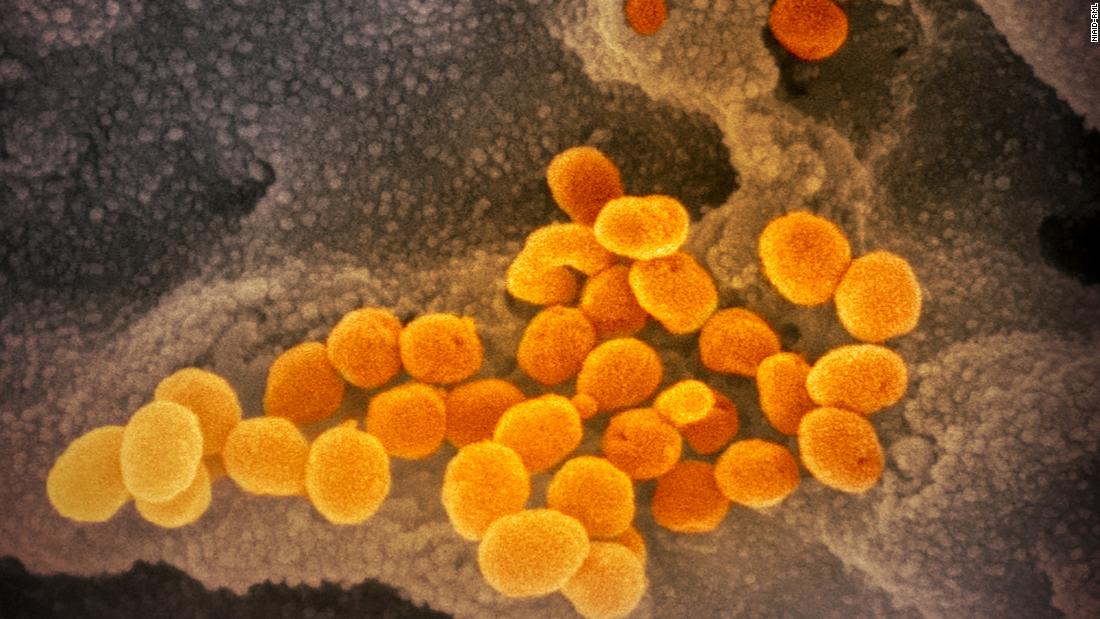
Two studies due to come out soon raise concerns about a new coronavirus variant that scientists have been keeping an eye on in California.
They hint that the variant might not only be more contagious, but may cause more severe disease, as well. The research is in its very early stages, has not been published or peer reviewed, and needs more work, the researchers stressed.
A team at the University of California, San Francisco, tested virus samples from recent outbreaks across California and found it was becoming far more common. It wasn’t seen in any samples from September but by the end of January it was found in half the samples.
This variant, which the team calls B.1.427/B.1.429, has a different pattern of mutations than the variants first seen in the UK, called B.1.1.7 and in South Africa, called B.1.351. One mutation, called L452R, affects the spike protein of the virus, which is the bit that attaches to cells the virus infects.
“One specific mutation, the L452R mutation, in the receptor-binding domain of the spike protein may enable the virus to dock more efficiently to cells. Our data shows that this is likely the key mutation that makes this variant more infectious,” Dr. Charles Chiu, associate director of the clinical microbiology lab at UCSF, who led one of the studies, told CNN.
And they found some evidence it is more dangerous.
“In this study, we observed increased severity of disease associated with B.1.427/B.1.429 infection, including increased risk of high oxygen requirement,” they wrote in their report, which is to post to a preprint server later this week after public health officials in San Francisco review it.
Chiu said it should be designated a variant of concern and should be made a priority for study.
A second team at Unidos en Salud, a San Francisco-based nonprofit offering fast testing in San Francisco’s Mission District, tested 8,846 people over the month of January and sequenced the virus from 630 of the samples. They also found a rapid increase in the variant.
“The research findings indicate that the L452R variant represents 53% of the positive test samples collected between January 10th and the 27th. That is a significant increase from November when our sequencing indicated that this variant comprised only 16% of the positive tests,” Dr. Diane Havlir, an infectious diseases expert at UCSF who is helping lead the study, said in a statement.
Havlir’s team is also preparing their findings for publication.
Article From & Read More ( The latest on the coronavirus pandemic and vaccines: Live updates - CNN )https://ift.tt/3urHnIM
Health
Bagikan Berita Ini














0 Response to "The latest on the coronavirus pandemic and vaccines: Live updates - CNN"
Post a Comment